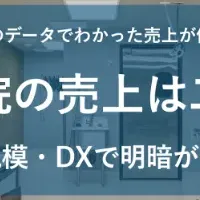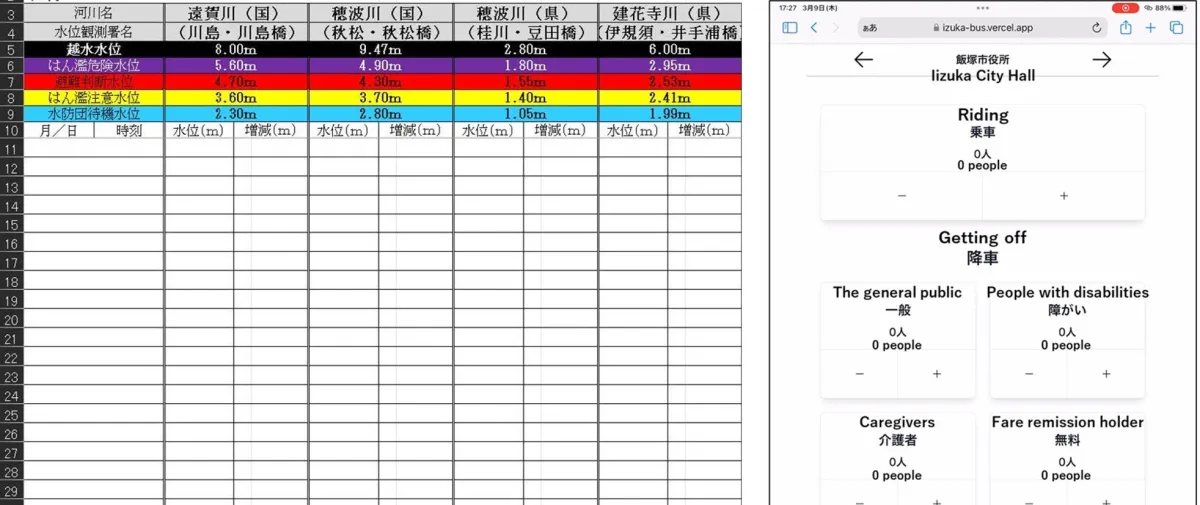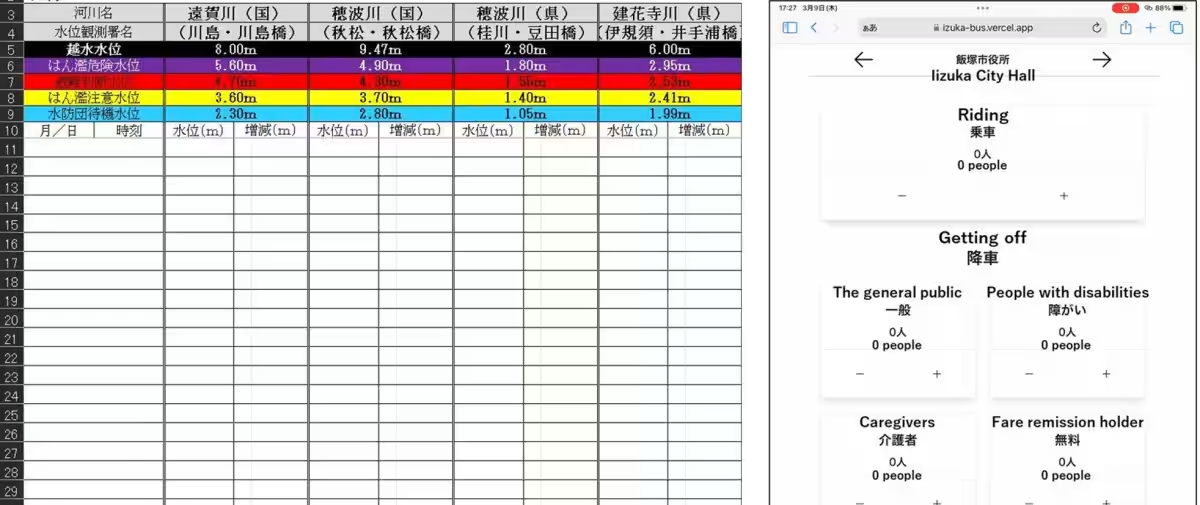

Supporting Digital Transformation in Local Governments: Insights from Kyushu Institute of Technology Students
Harnessing Student IT Skills for Local Government Transformation
In a groundbreaking research paper published in the international academic journal "Journal of Digital Life," a team led by Professor Soji Odate from Kyushu Institute of Technology explores how the IT skills of university students can significantly support the digital transformation (DX) in local governments. This innovative approach not only addresses pressing issues in local administration but also serves as an effective model for regional revitalization.
The essence of the study highlights the urgent need for digital technologies to streamline operations in the face of challenges such as Japan's declining birthrate, aging population, and the consequent labor shortages. The Ministry of Education, Culture, Sports, Science and Technology has also endorsed initiatives for regional contributions through national universities, paving the way for collaborative efforts between academia and local administrations.
Professor Odate's research team focused on three distinct systems as case studies for digital transformation: the River Water Level Information Automated Acquisition System, Evacuation Center Information Management System, and Community Bus Boarding Management. These examples were chosen to demonstrate how student participation in the development process can provide cost-efficient solutions compared to hiring specialized firms or IT consultants.
One of the standout advantages noted in the study is the simplicity and clarity of the technology employed by students. By utilizing accessible tools, the systems developed are not only cost-effective but also user-friendly, facilitating easy adoption in real-world scenarios. By partnering with students, municipalities can create effective administrative improvement systems that are adaptable to their specific needs, potentially leading to enhanced public services and reduced operational costs.
The research team expressed optimism about the widespread implementation of their model across other regions. They believe that by collaborating with information science universities, municipalities can replicate their successful strategies more effortlessly. This could serve as a significant leap forward in the nationwide push for digitalization among local governments, ultimately contributing to improved efficiency and public welfare.
The paper is a reflection of Japan's commitment to fostering innovation and leveraging academic resources for community support. As underscored in the study, the collaborative efforts between students and local administrations exemplify a forward-thinking model that not only addresses immediate operational challenges but also lays the groundwork for sustained regional development.
For more detailed insights and analytics, the paper can be accessed through the Journal of Digital Life’s official website. This journal aims to share research on digital fields globally, promoting evidence-based advancements in services and industries through interdisciplinary studies.
In summary, the collaboration between students and local governments not only showcases the potential for innovative solutions to pressing civic issues but also reinforces the crucial role of educational institutions in fostering community resilience and growth. As this model gains traction, it is poised to inspire further partnerships and initiatives that empower local governments to embrace digital transformation effectively.

Topics Other)










【About Using Articles】
You can freely use the title and article content by linking to the page where the article is posted.
※ Images cannot be used.
【About Links】
Links are free to use.